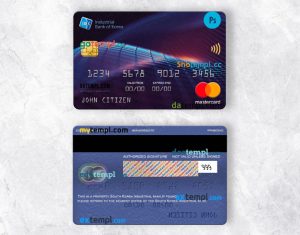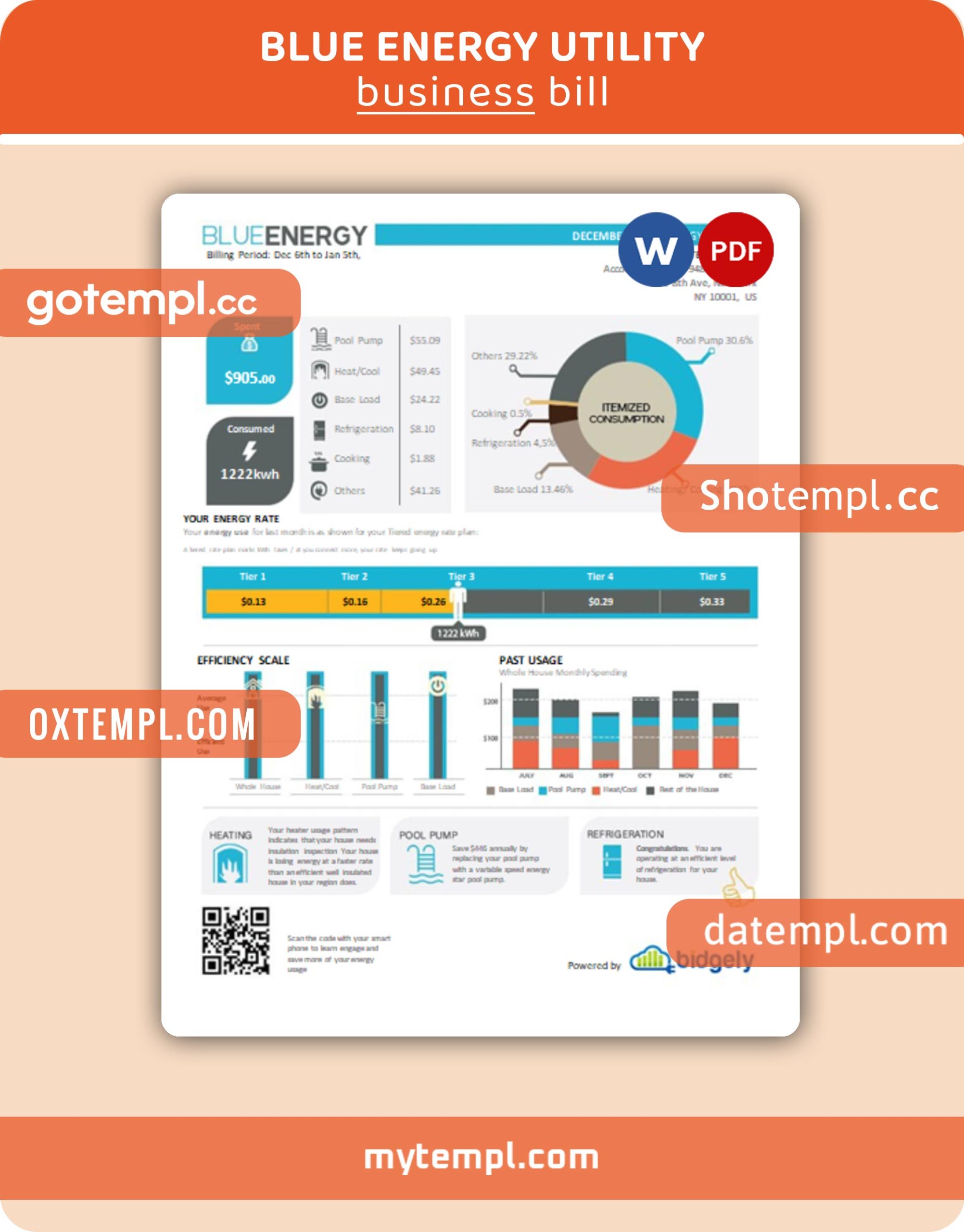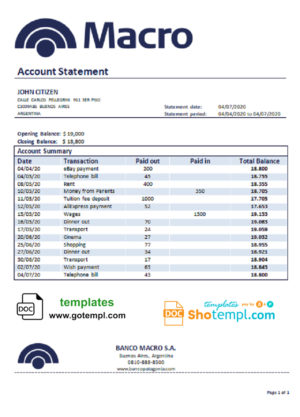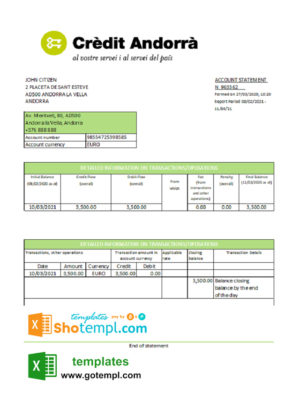Credit cards have become a ubiquitous part of modern life, used by millions of people around the world for everything from everyday purchases to major expenses. But despite their widespread use, many people still don’t fully understand how credit cards work or how to use them responsibly. In this article, we’ll break down the basics of credit cards and provide some tips for using them wisely.
What is a credit card?
At its most basic, a credit card is a type of loan that you can use to make purchases. When you use a credit card, you’re borrowing money from the bank or other lender that issued the card. You then have a certain amount of time to pay back the money you borrowed, usually with interest.
There are many different types of credit cards available, each with its own features and benefits. Some cards offer rewards programs that let you earn points or cash back for every dollar you spend, while others have lower interest rates or no annual fees. It’s important to shop around and compare different credit card offers to find the one that best fits your needs and budget.
How do credit cards work?
When you use a credit card to make a purchase, the merchant swipes the card or enters the information into a card reader. The information is then sent to the credit card company, which checks to see if you have enough available credit to cover the purchase. If you do, the company approves the transaction and sends the money to the merchant.
At the end of each billing cycle, usually every month, the credit card company sends you a statement that lists all of the purchases you made during that period. You then have a certain amount of time, typically around 30 days, to pay back the money you borrowed.
If you don’t pay off your balance in full, you’ll be charged interest on the remaining balance. The interest rate on a credit card can vary widely depending on the card and your credit score. It’s important to read the terms and conditions carefully before applying for a credit card to make sure you understand the interest rates and fees.

Tips for using credit cards wisely
Credit cards can be a valuable tool for managing your finances, but they can also be a source of trouble if you don’t use them responsibly. Here are some tips for using credit cards wisely:
- Only use credit cards for purchases you can afford to pay back. Don’t use your credit card to buy things you can’t afford to pay for in cash.
- Pay your balance in full every month if possible. This will help you avoid paying interest and keep your credit score high.
- Keep track of your spending. Check your credit card statement regularly to make sure you’re staying within your budget.
- Don’t max out your credit limit. Using too much of your available credit can hurt your credit score and make it harder to get approved for loans in the future.
- Choose a card with rewards that fit your lifestyle. If you travel frequently, for example, look for a card that offers airline miles or hotel rewards.
download editable credit card examples here: credit cards
Conclusion
In conclusion, credit cards can be a valuable tool for managing your finances, but they should be used with caution. Understanding how credit cards work, choosing the right card for your needs, and using it responsibly can help you avoid getting into debt and take advantage of rewards and benefits. With a little bit of planning and discipline, you can use credit cards to help build your credit score, manage your expenses, and achieve your financial goals.

 Blue Energy business utility bill, Word and PDF template
Blue Energy business utility bill, Word and PDF template  Argentina Banco Macro S.A. bank statement template in Word and PDF format
Argentina Banco Macro S.A. bank statement template in Word and PDF format  Andorra Credit Andorra bank statement template in Excel and PDF format
Andorra Credit Andorra bank statement template in Excel and PDF format